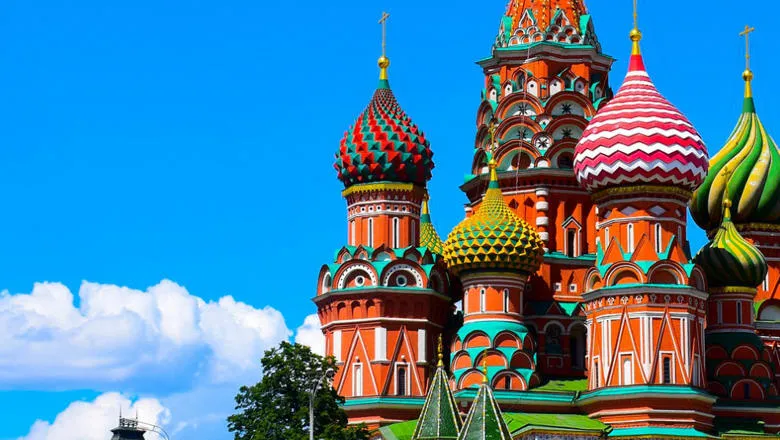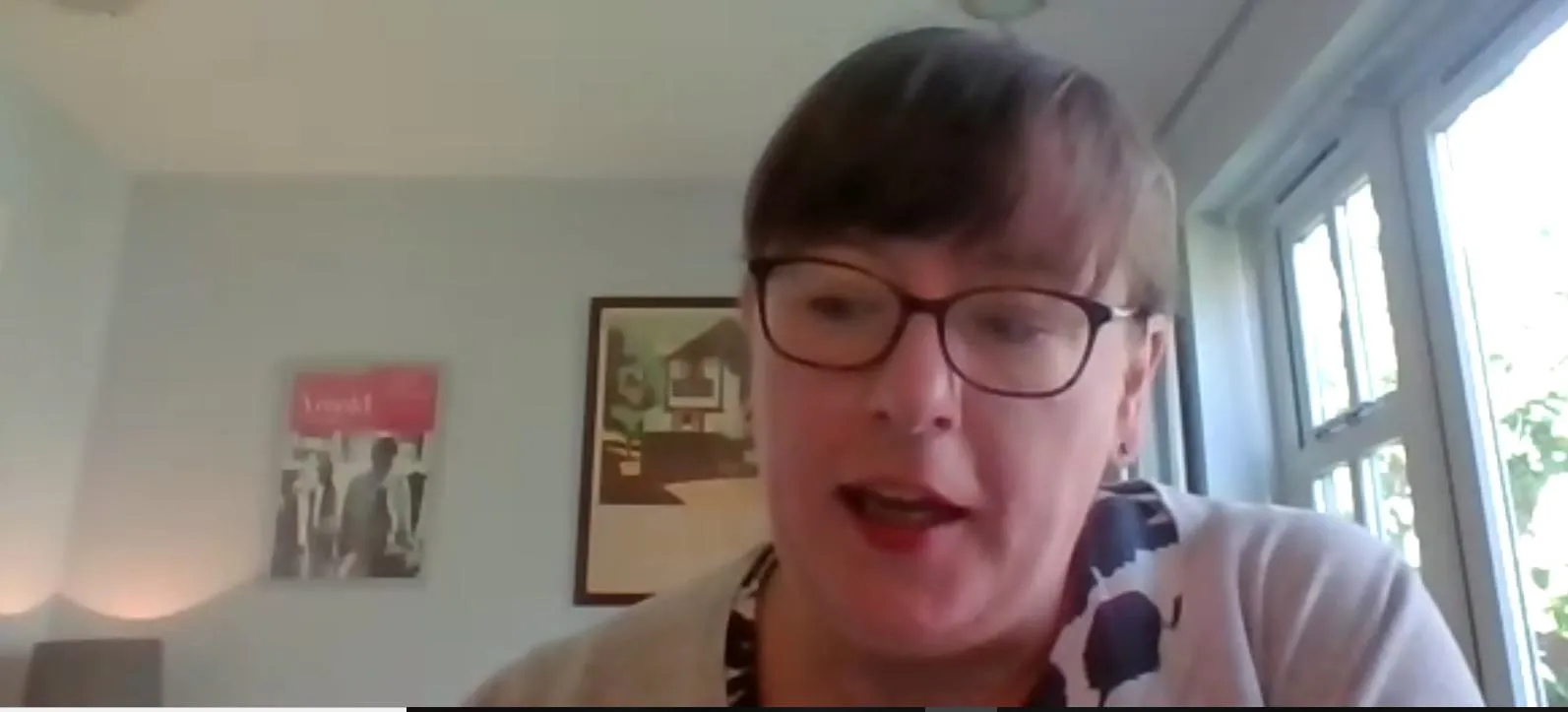30 July 2020
A 'lack of co-ordination' in West's response to issue of Russian interference
A lack of understanding about what the ‘West’ stands for has contributed to a collapse in co-ordinated action to tackle a rising tide of Russian disinformation and interference.

Expert panellists at an event hosted by King’s College London said the struggle of Western nations, including the UK and US, to confront and tackle the threat of Russian incursion had stemmed from a lack of unity over shared values in recent years.
Poor understanding of Russia itself, the Kremlin and its intentions, had also made a co-ordinated response problematic and allowed Russian actors to seize on partisan divisions and a lack of unity to sow discord, the panellists said.
The issues were highlighted at a webinar hosted by the King’s Russia Institute and the Department of War Studies - After the Russia Report: Options for London, Moscow and Beyond – which took place on 30 July and put the UK government’s report into Russian interference, published on 21 July, into focus.
The panel featured Sam Greene, director of the King’s Russia Institute; Dr Precious Chatterje-Doody, a lecturer in politics and international studies at the Open University; Dr Ruth Deyermond, senior lecturer in post-Soviet security in the Department of War Studies at King’s College London; and Andrei Soldatov, an investigative journalist focused on Russia’s intelligence and security services, and editor of the security-focused website Agentura.ru.

Addressing the UK government’s report, Dr Deyermond said: “There is a lack of understanding about how we got here, to the position we are now, and a misunderstanding in world view regarding Russia and what the report calls the West.
“There is a problem also with thinking of Russian interference as a partisan issue and a failure to understand who it is talking about when it talks about defending the West from Russian interference.
“One of the questions we’re failing to ask is what the West means in a modern context.”
Dr Deyermond added: “[The report] presents the Russian government as a hostile actor to the West. It is a lack of curiosity as to what has caused the hostile relationship in which we now find ourselves. The report says that as soon as Putin came into office, Russia begins behaving in a hostile way towards Britain and the West.
“In order to engage with Russian activity in Western political structures, we need to understand some of the reasons why this has happened. And they do not lie entirely, as the report suggests, in the shape of Putin.”
Dr Chatterje-Doody said: “The report was very much a picture of poor institutional co-ordination and a lack of co-ordination at the top. A very messy picture.”
She said the response to the report must be “very strategic and very specific” and said there must be a focus on strong governance procedures that can respond to different threats.
The Russia Report was authored by the House of Commons Intelligence and Security Committee. In it, the committee heard evidence from members of the intelligence community in the UK as well as civil servants and experts. It described the UK as a one of Russia’s top Western intelligence targets.
Mr Soldatov said the problem of Russian interference was much more than just politics and spies and said any action in dealing with Russia had to be strategic and about shared Western values and principles. He added that a lack of appetite from law-enforcement agencies and journalists to investigate Russian oligarchs in the UK had also been problematic.
Mr Soldatov said that, in the US, authorities started to name and shame Russian Oligarchs and intelligence agents, which allowed journalists to go after them. This had caused a slow down in Russian intelligence activities in those countries, he said.
He added: “The UK needs a strategic approach to dealing with Russia, and not just a tactical one.”
Dr Greene: “Most of the strategies we have seen about Russian are trying to understand what Russia wants, rather than trying to understand what we want. It’s all been about trying to change what Russian wants. There’s been little conversation about what sort of relationship we want with Russia.
“We keep allowing ourselves to be drawn away from that conversation into a conversation endlessly about what Russia’s interests are, and I think that’s a mistake.”
The panel was chaired by Dr Natasha Kuhrt, a lecturer in international peace and security in the Department of War Studies at King’s College London, and co-convenor of the British International Studies Association Working Group on Russian and Eurasian Security.



